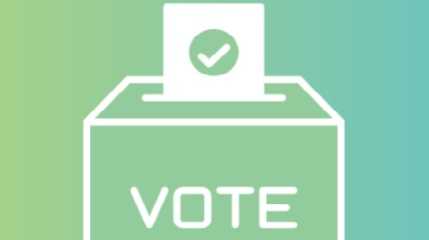
The African Union (AU) said that the absence of political and partisan consensus in Tunisia is a crucial matter that led to the low turnout in the elections, and it called for the launch of a comprehensive dialogue between the various political components.
In a statement by its mission in Tunisia, the AU emphasised that "the low turnout announced by the Independent High Authority for Elections (ISIE) is a challenge against the entire Tunisian political class, and it represents a call for a comprehensive and consensual dialogue to work for continuing consolidating democracy, development and stability in the country."
The AU said it "regrets the lack of political consensus regarding holding early legislative elections, which pushed part of the political class to boycott the electoral process."
The AU called on the governing authorities in Tunisia to initiate "a national dialogue with a comprehensive approach to achieve a broad consensus on points of disagreement, take specific measures relating to enabling female and youth candidates to participate in politics and to enact legal provisions that guarantee fair participation for them."
READ: Why was there such a low turnout in Tunisia's election?
The AU also called for "more engagement of stakeholders such as parties and civil society in implementing the electoral process and working to consolidate the important democratic achievements of Tunisia."
According to the Independent High Authority for Elections (ISIE) on Saturday, only 803,638 voters out of 9,163,502 participated in the elections; making up only 8.8 per cent of the electorate. The figure was later revised to 25 per cent.




